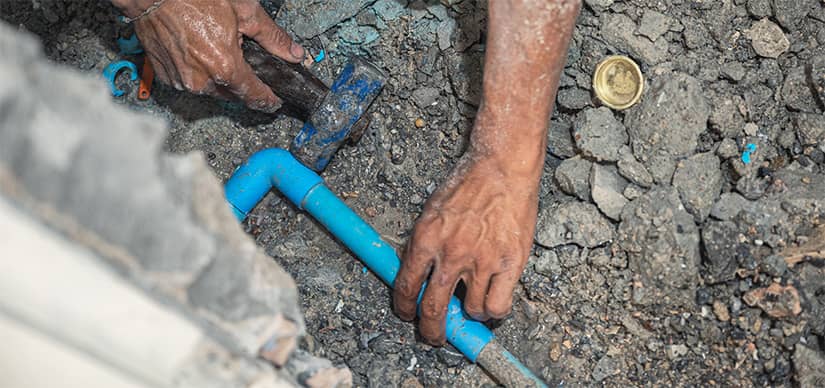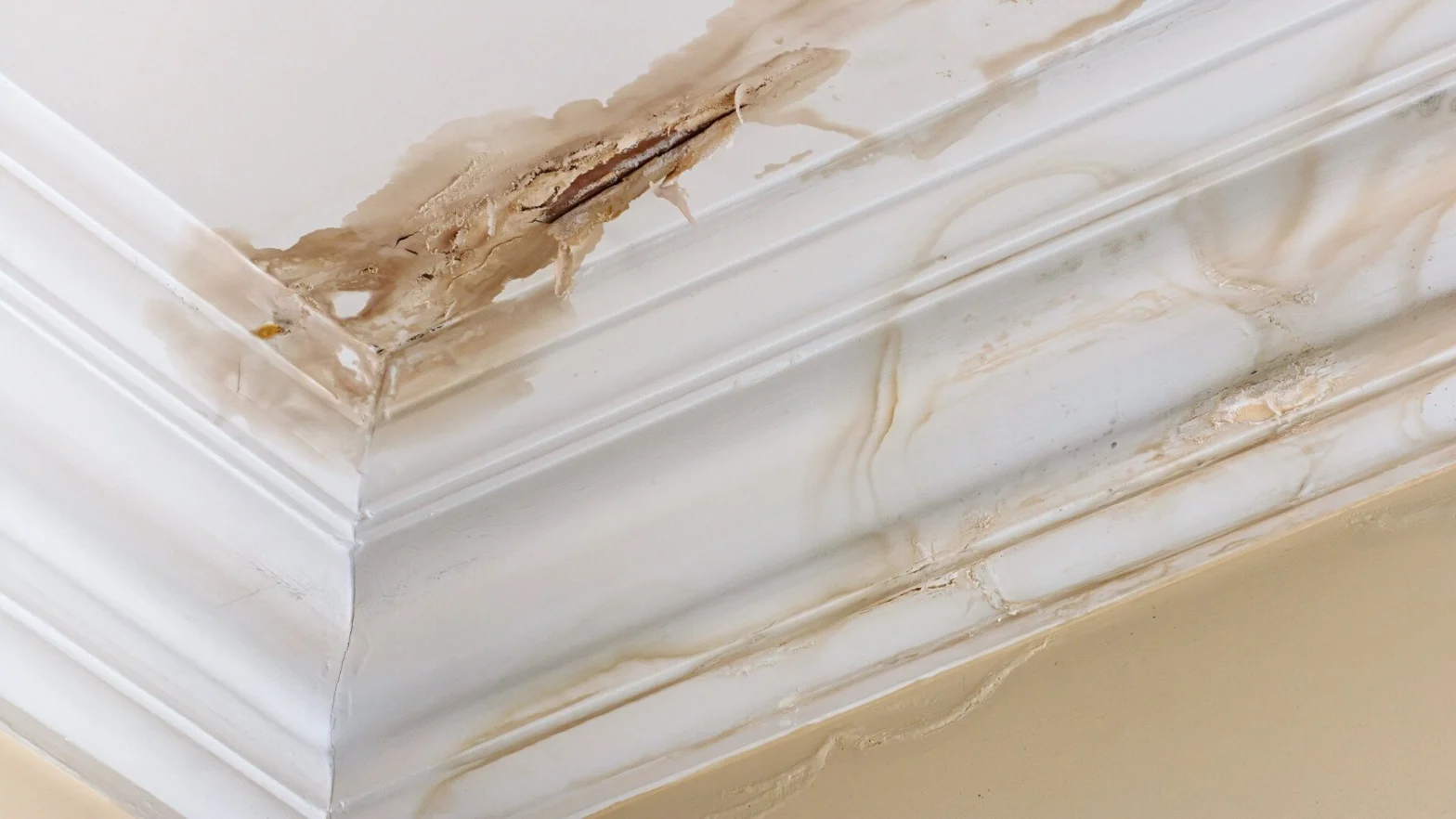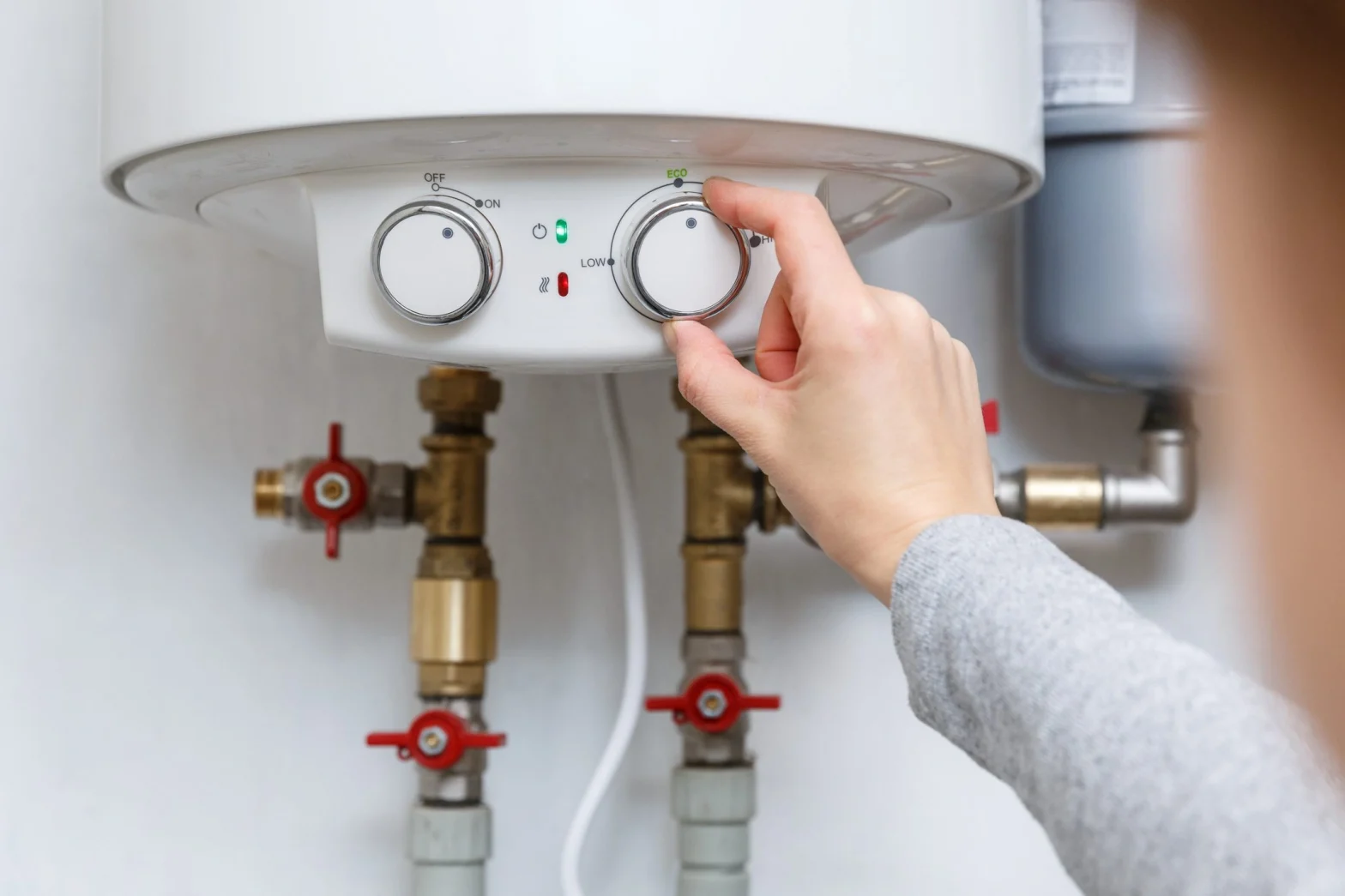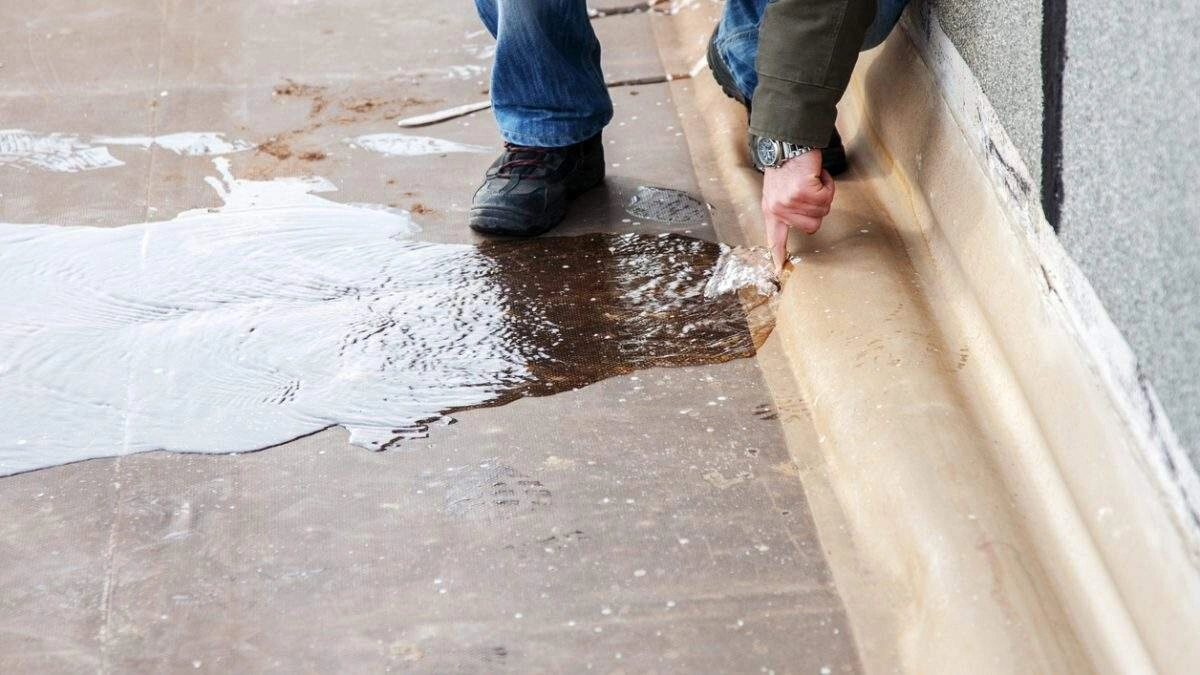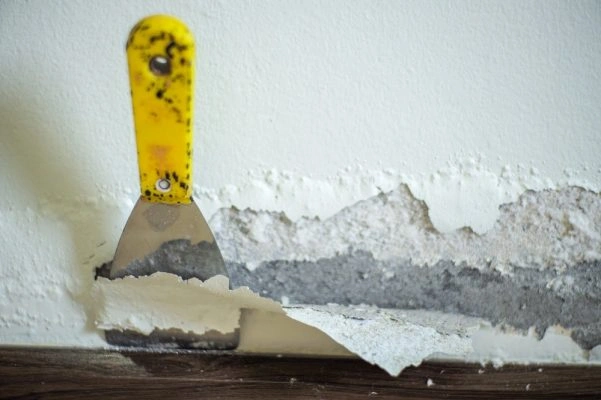How to Prevent Future Slab Leaks After a Repair: Essential Tips for Long-Term Plumbing Maintenance
If you’ve recently dealt with a slab leak, you understand the frustration and financial strain that comes with it. Repairing a slab leak can be costly and time-consuming, but the good news is that there are steps you can take to prevent future occurrences. Preventing future slab leaks is entirely possible with the right steps in plumbing maintenance.
This guide provides practical advice on how to safeguard your home’s plumbing system to avoid slab leaks in the future. Regular inspections, immediate attention to minor plumbing issues, and smart preventative maintenance can save you from costly and recurring problems.
1. Schedule Regular Plumbing Inspections
The first and most effective step in preventing future slab leaks is scheduling regular inspections. Plumbing systems are complex, and even a small undetected issue can escalate into a major problem. Professional inspections allow plumbers to identify and address potential weaknesses in your pipes before they cause significant damage.
How Often Should Inspections Be Done?
- Annually: It’s ideal to have a professional check your plumbing system at least once a year. For older homes or areas prone to slab leaks, semi-annual inspections may be warranted.
- After Extreme Weather: If you live in an area prone to temperature extremes, storms, or earthquakes (common in California), inspections should follow any major weather events to ensure the stability of your pipes.
2. Address Minor Plumbing Issues Immediately
Minor issues like small leaks, unusual water pressure, or slow drains can seem trivial at first, but they often indicate larger underlying problems. Ignoring these warning signs can lead to bigger issues, such as pipe corrosion, blockages, or additional slab leaks.
Signs to Watch Out For:
- Unexplained Water Spots: A sudden wet spot on your floor or walls could indicate a hidden leak.
- Low Water Pressure: This could be a sign of a blockage or leak somewhere in your plumbing system.
- Unusually High Water Bills: If your water usage hasn’t changed but your bills have spiked, there may be a hidden leak beneath your slab.
Fixing small problems as they arise is much cheaper than addressing a full-blown slab leak. If you spot any of these signs, call a plumber immediately to inspect and repair the issue.
3. Install a Water Pressure Regulator
High water pressure is one of the leading causes of pipe stress, which can lead to slab leaks over time. When the water pressure in your home is too high, it creates constant strain on your plumbing system, weakening pipes and joints. Over time, this can cause tiny cracks or leaks, especially in older homes or homes with aging plumbing.
A water pressure regulator ensures that water pressure remains within a safe range (usually between 40 and 80 PSI). This not only protects your pipes but also extends the lifespan of appliances like water heaters, dishwashers, and washing machines.
4. Replace Old or Corroded Pipes
If you’ve experienced a slab leak once, it could be a sign that your pipes are aging or deteriorating. Older homes, especially those built before the 1970s, often have galvanized steel or copper pipes, which are more prone to corrosion and leaks over time.
Replacing old or corroded pipes can prevent future leaks and protect your home’s foundation. Modern materials like PEX (cross-linked polyethylene) and PVC are durable and less prone to corrosion, making them excellent options for long-lasting plumbing systems.
5. Monitor Your Home’s Water Pressure
While installing a water pressure regulator is a great first step, it’s also important to regularly monitor your home’s water pressure. Water pressure that is too high or too low can stress pipes and lead to leaks.
You can purchase an inexpensive water pressure gauge from a hardware store and test your water pressure regularly. If you notice fluctuations or consistently high readings, it’s a good idea to call a professional to investigate and adjust the pressure accordingly.
6. Invest in a Leak Detection System
Leak detection technology has advanced significantly in recent years, and investing in a leak detection system can provide an added layer of protection against future slab leaks. These systems monitor your water usage and alert you if an unusual flow of water is detected. Some systems can even shut off the water supply automatically to prevent further damage.
This is particularly helpful for homeowners who may not always be home to notice signs of a slab leak. Early detection and prevention are key to avoiding costly repairs and significant water damage.
7. Keep Tree Roots in Check
Tree roots can be a hidden enemy to your plumbing system, especially when it comes to concrete leak. If you have trees growing near your home’s foundation, their roots can invade underground pipes in search of water. Over time, they can break through pipes and cause leaks or blockages.
To prevent this, avoid planting trees with aggressive root systems near your home’s foundation, and consider trimming or removing existing trees if they pose a risk. If you suspect tree roots are already affecting your plumbing, a professional plumber can inspect the situation and provide solutions like root barriers or pipe repairs.
A slab leak repair is not just a quick fix; it’s an opportunity to rethink how you maintain your home’s plumbing system to prevent future issues. By scheduling regular inspections, addressing minor problems quickly, monitoring water pressure, and investing in preventive solutions, you can protect your home from the damage and disruption that slab leaks can cause.
Whether you’ve recently dealt with a slab leak or want to take steps to prevent one, these practical tips will help ensure the long-term health of your plumbing system.
Frequently Asked Questions FAQS
- Q. What causes slab leaks, and how can I prevent them?
A. Slab leaks are typically caused by aging or corroded pipes, shifting foundations, high water pressure, or invasive tree roots. To prevent slab leaks, you should regularly inspect your plumbing, address small leaks immediately, monitor water pressure, and consider upgrading old pipes. - Q. How often should I have my plumbing inspected to prevent future slab leaks?
A. It’s recommended to have a professional plumbing inspection annually. However, if your home is older or you live in an area prone to slab leaks, semi-annual inspections may be beneficial, especially after severe weather events. - Q. Can high water pressure lead to slab leaks?
A. Yes, high water pressure puts excessive strain on your plumbing system, which can lead to leaks, including slab leaks. Installing a water pressure regulator can help maintain safe pressure levels and prevent future leaks. - Q. Are there any advanced systems to detect slab leaks before they become severe?
A. Yes, installing a leak detection system can alert you to unusual water flow or leaks before they cause significant damage. Some systems even offer automatic shutoff capabilities, which can prevent a minor leak from turning into a major problem.


